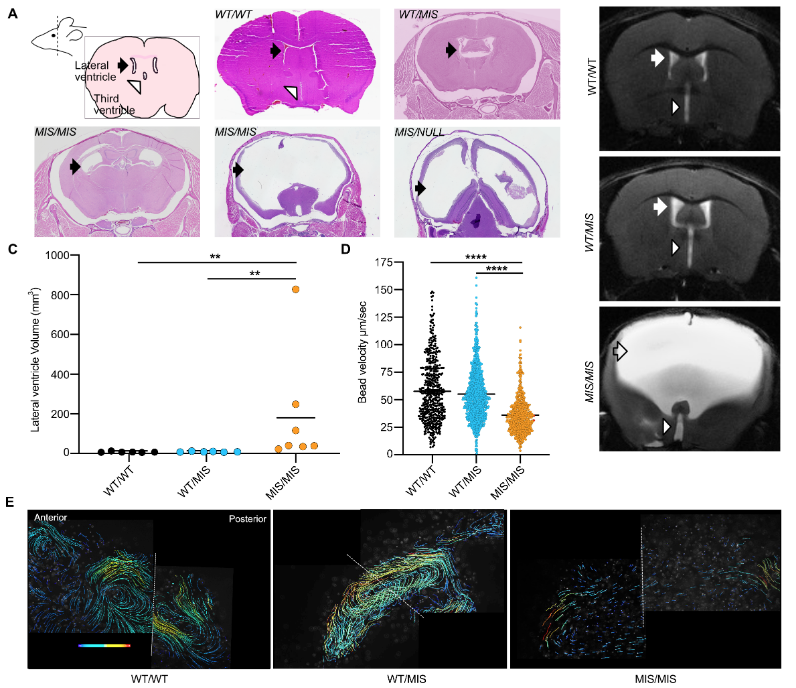Latest paper alert- The effect of Dnaaf5 gene dosage on primary ciliary dyskinesia phenotypes
For Mill lab, this project has been a very long time coming but we are thrilled it could be contributed to this fantastic story led by Amjad Horani across seven labs at WUSTL School of Medicine and ourselves. As on one of our challenging/enigmatic PCD disease genes HEATR2/DNAAF5, involved in axonemal dynein assembly, we use mouse and human patient data to suggest that complete loss-of-function/null alleles are not compatible with life, whereas hypomorphic alleles profoundly affect motile cilia and fluid flow demonstrating this gene dosage effect for DNAAF5- the first time for a PCD causing gene. Have a read of our article in JCI Insight- https://insight.jci.org/articles/view/168836/pdf
